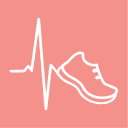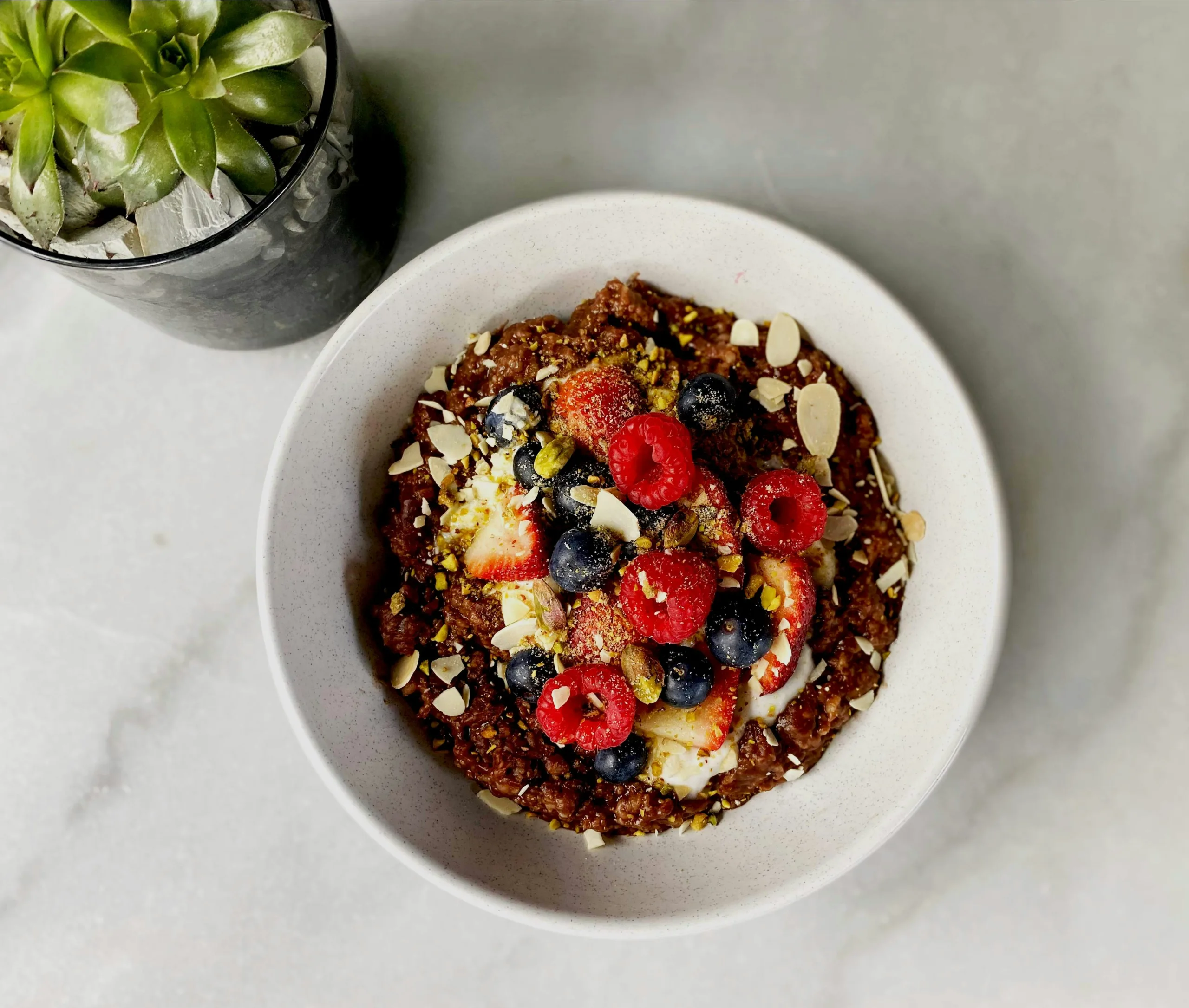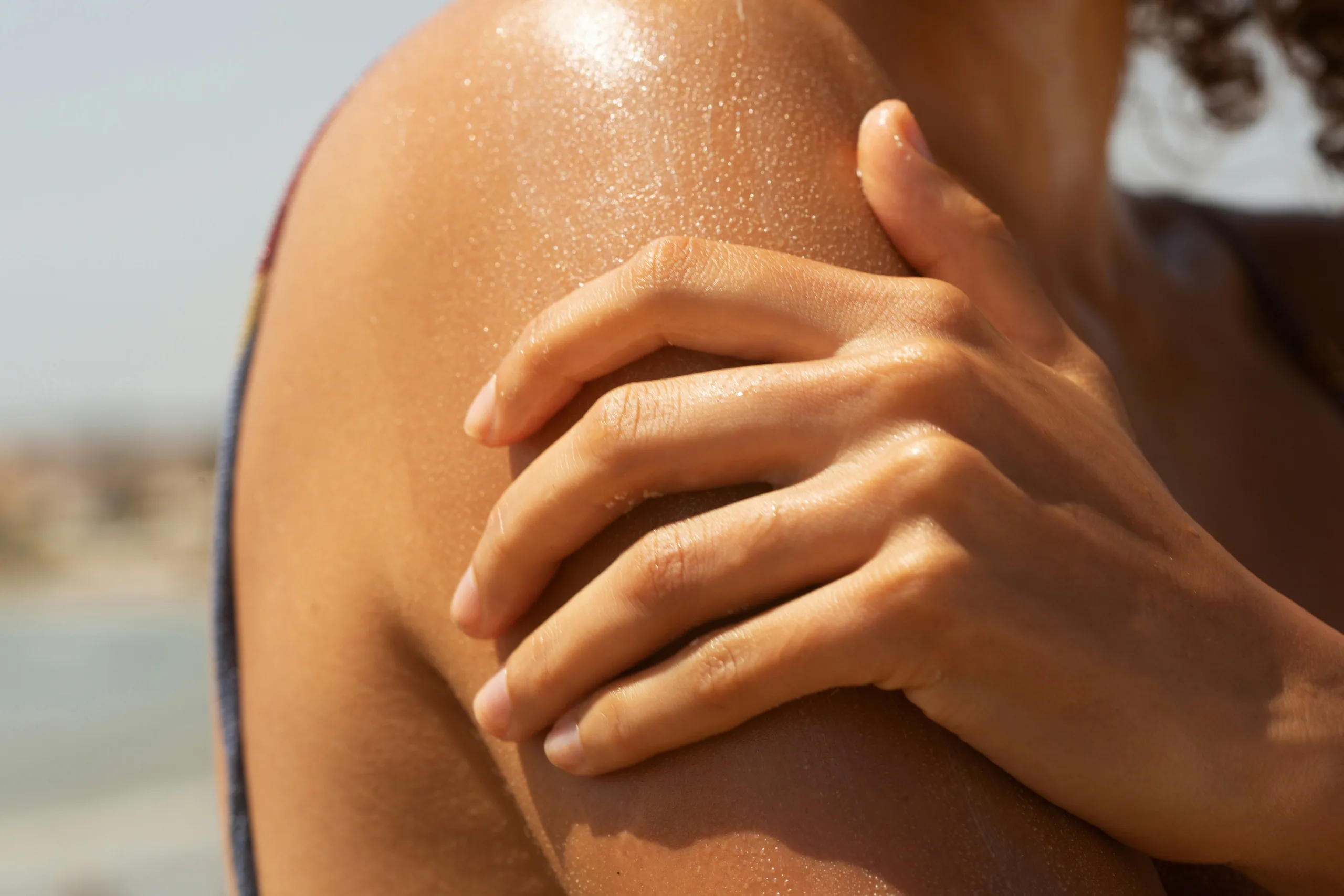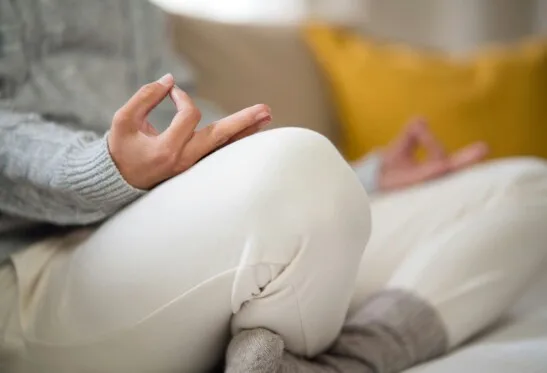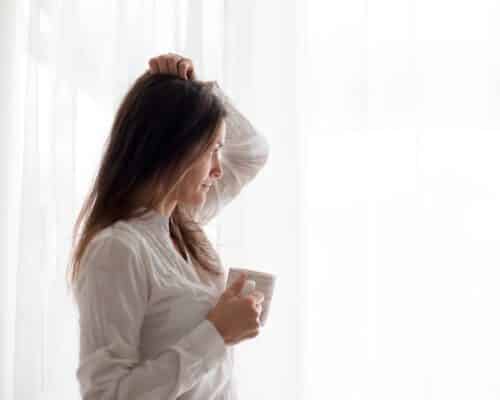Tech is kind of public enemy number one when it comes to causes of insomnia. The blue light from your devices messes with your circadian rhythms. The desire to watch just one more episode on Netflix keeps you up past your bedtime. You get the picture.
RELATED: 5 Ways Your Bedroom Could Be Messing With Your Sleep
However, there’s also plenty of sleep tech that claims to have the opposite effect.
Yes, of course, tech companies have set out to disrupt insomnia (instead of disrupting your slumber), and some of the devices they’ve come up with could actually be pretty helpful, depending on your sleep issue.
Check out four kinds of sleep tech gadgets worth looking into if you’ve been endlessly staring at the ceiling lately.
(Photos: Shutterstock)
4 Sleep Tech Devices That Could Improve Your Nights
1. A Noise Machine

Research shows that white noise helps you sleep by keeping sound constant throughout the night. (Consistent loud noise doesn’t necessarily ruin a good night’s sleep, but major changes in noise—like, say, a sudden honking horn or a barking dog—do.) While white noise machines have been around for a while, there are now seriously sophisticated options that can play all different kinds of white noise and be programmed to go on and off.
2. A Sleep Tracker

If your sleep challenge is that you don’t know why you just can’t sleep, a tracker might be for you. There are trackers you wear on your wrist, like the Fitbit Versa, which will show you how often you wake up throughout the night and track your sleep cycles. If you don’t like wearing something at night, tracking pads like the Withings Sleep slip under your mattress and provide similar stats. measure your tosses and turns. There’s even the Sleepscore Max, which looks like a speaker and sits on your nightstand. In addition to the standard stats, it also monitors room conditions like temperature, light, and sound to see if your environment might be affecting your sleep.
RELATED: A Simple Guide to the Stages of Sleep (and Why They Matter)
3. Smart Lights

Speaking of light, you may want to get a smart bulb system, especially if you’re someone who gets up to go to the bathroom (or check on a baby) often or who has trouble getting up in the morning. Smart bulb systems like Philips Hue allow you to employ multiple sleep-friendly strategies. You can set them to gradually get brighter in the morning to mimic the feeling of waking up with the sun and dim them at night to signal to your body it’s time to start powering down for bed. And when you have to get out of bed during the night, you can choose a dim setting with just enough light to see your path, since exposure to bright light can make it harder to fall back asleep.
4. A Smart Thermostat

Research has shown that insomnia is associated with thermoregulation. In other words, if you’re way too hot or way too cold, you might not be able to get to sleep. Smart thermostats help you regulate temperature in your house way more effectively, so it’s less likely you’ll wake up in a pile of sweaty sheets.







